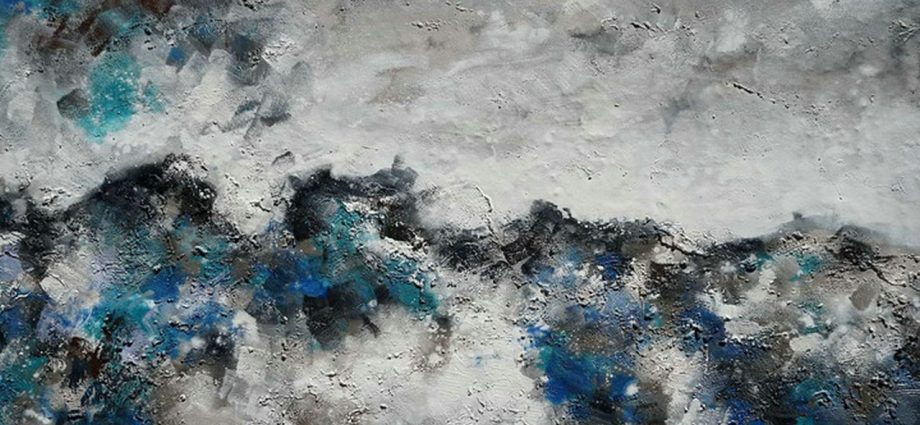Rhinelander is located in the beautiful forests of northern Wisconsin. It was founded as a logging town because of its location along a stretch of rapids on the Wisconsin River—an ideal spot for a mill town.
What’s a Rhinelander?
Rhinelander can refer to a person from Rhineland, Germany.
How did Pelican Lake get its name?
Alex McCrae, a Rhinelander pioneer who came to Wisconsin in 1880, used to comment that the lake got its name because “some fellow saw a pelican flying about the lake.” He may be right, but back in the late nineteenth century ornithologists did document a nesting colony of white pelicans at what is now Pelican Lake.
Where is Rhinelander made?
Rhinelander Brewery is a regional American brewery located in Rhinelander, Wisconsin.
What animal is a Hodag?
In American folklore, the hodag is a fearsome critter resembling a large bull-horned carnivore with a row of thick curved spines down its back. The hodag was said to be born from the ashes of cremated oxen, as the incarnation of the accumulation of abuse the animals had suffered at the hands of their masters.
Where does the Hodag live?
The Hodag’s only known habitat is the forested area surrounding Rhinelander, the county seat of Oneida County in Wisconsin’s Northwoods.
When was Rhinelander founded?
The city, originally called Pelican Rapids, was founded in 1880 as a logging centre; two years later it was renamed for F.W. Rhinelander, president of the Milwaukee, Lake Shore and Western Railway. The city subsequently developed as a centre of a busy year-round resort area.
Is the Hodag real?
But for Rhinelander residents, the Hodag is no hoax. The Hodag has become a local legend and the symbol of the City. Parks, plaques, schools and businesses bear the Hodag name and image. And rumors of Hodag pranks, sightings and other close encounters circulate to this day.
Who started Hodag?
The Hodag story went viral in 1893 thanks to a Northwoods lumberman and resort owner named Eugene “Gene” Shepard. Shepard was the first to circulate reports of the Hodag, including photographic evidence of the beast.
Who invented the Hodag?
His friend Luke Kearney built the hodag, according to an essay by the Wisconsin Historical Society. It was 7 feet long, 30 inches high, black and hairy. It had 12 horns rising along its spine, and short legs ending with long claws.
What does the Hodag eat?
According to contemporary accounts from Gene Shepard—who discovered the Hodag in the 1890s—the Hodag ate mud turtles and water snakes, oxen and white bulldogs (but only on Sundays). But really, when you’re a Hodag, you can eat whatever you want.
Why is a Hodag called Hodag?
The story goes that Gene was first attacked by a strange, foul-smelling beast in the forest but managed to get away. Gene returned to town to gather a hunting posse and that crew was able to capture the beast. They called it a Hodag.
What is a Hodag look like?
According to 1893 news accounts of Eugene Shepard’s discovery, the Hodag had the head of a frog, the grinning face of a giant elephant, thick, short legs set off by huge claws, the back of a dinosaur, and a long tail with spears at the end.
What do Hodag horns grant someone?
Physical traits
Much of the Hodag’s magic was contained in its horns; when powdered they could make a person immune to the effects of alcohol and able to go without sleep for seven days and nights.
How deep is Pelican Lake Wisconsin?
Pelican Lake is a 3545 acre lake located in Oneida County. It has a maximum depth of 39 feet.
What kind of fish are in Pelican Lake MN?
Big Pelican LakeDNR Comments
Largemouth Bass very high; all sizes present. Walleye above average Northern Pike, White Sucker, Yellow Bullhead, Rock Bass, Pumpkinseed, Bluegill, Largemouth Bass & Black Crappie numbers average.
